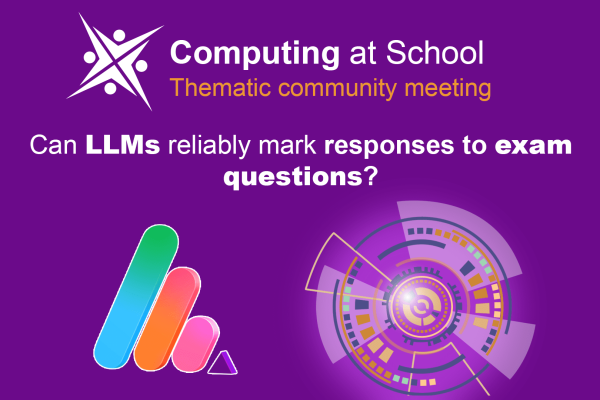Retrieval practice has become a buzzword in education, and for good reason — it’s one of the most powerful ways to improve long-term memory and boost exam performance. But as more teachers adopt this method, it begs the question: Are we doing retrieval practice right?
At its core, retrieval practice is about pulling information from memory, not just reviewing notes or re-reading a textbook. The simple act of recalling what you’ve learned strengthens your ability to remember it in the future. But are we making the most of this technique?
Here are a few things to consider:
- Spaced, Not Massed
Cramming might seem like retrieval practice, but it’s ineffective for long-term retention. The key is spaced retrieval, where students are asked to recall information at increasing intervals. This helps solidify knowledge in a way that last-minute cramming just can’t. - Feedback Matters
Retrieval practice without feedback is like shooting in the dark. To be effective, students need immediate feedback on whether their recall was correct. Without this, they might reinforce incorrect answers, weakening their understanding over time. - Variety is Key
Sticking to a single type of question or context limits the benefits of retrieval practice. Applying knowledge in varied contexts — whether through different types of questions or real-world examples — forces the brain to adapt, improving both storage and retrieval strength.
How Teepee.ai addresses this
Teepee.ai is designed to make retrieval practice as effective as possible by automating these key elements.
- It allows teachers to set up personalised spaced retrieval for their students, ensuring that they revisit material at the right intervals for maximum retention and efficient recall.
- It also provides immediate, detailed feedback, allowing students to correct their mistakes on the spot, preventing them from reinforcing incorrect information.
- Additionally, Teepee enables teachers to create tasks that cover multiple topics and varied contexts, ensuring students can apply their knowledge in different scenarios, which strengthens retrieval strength and problem-solving skills.
Yes, but what about those students who are not engaged or motivated?
Addressing disengaged students is crucial when implementing spaced retrieval. Teepee.ai approaches this challenge by leveraging mobile technology. The app sends notifications to students, prompting them to complete brief retrieval exercises on their smartphones. This makes practice more convenient and accessible, potentially increasing engagement rates. By incorporating gamification elements and a user-friendly interface, Teepee aims to make retrieval practice more appealing to students who might otherwise not participate consistently.




